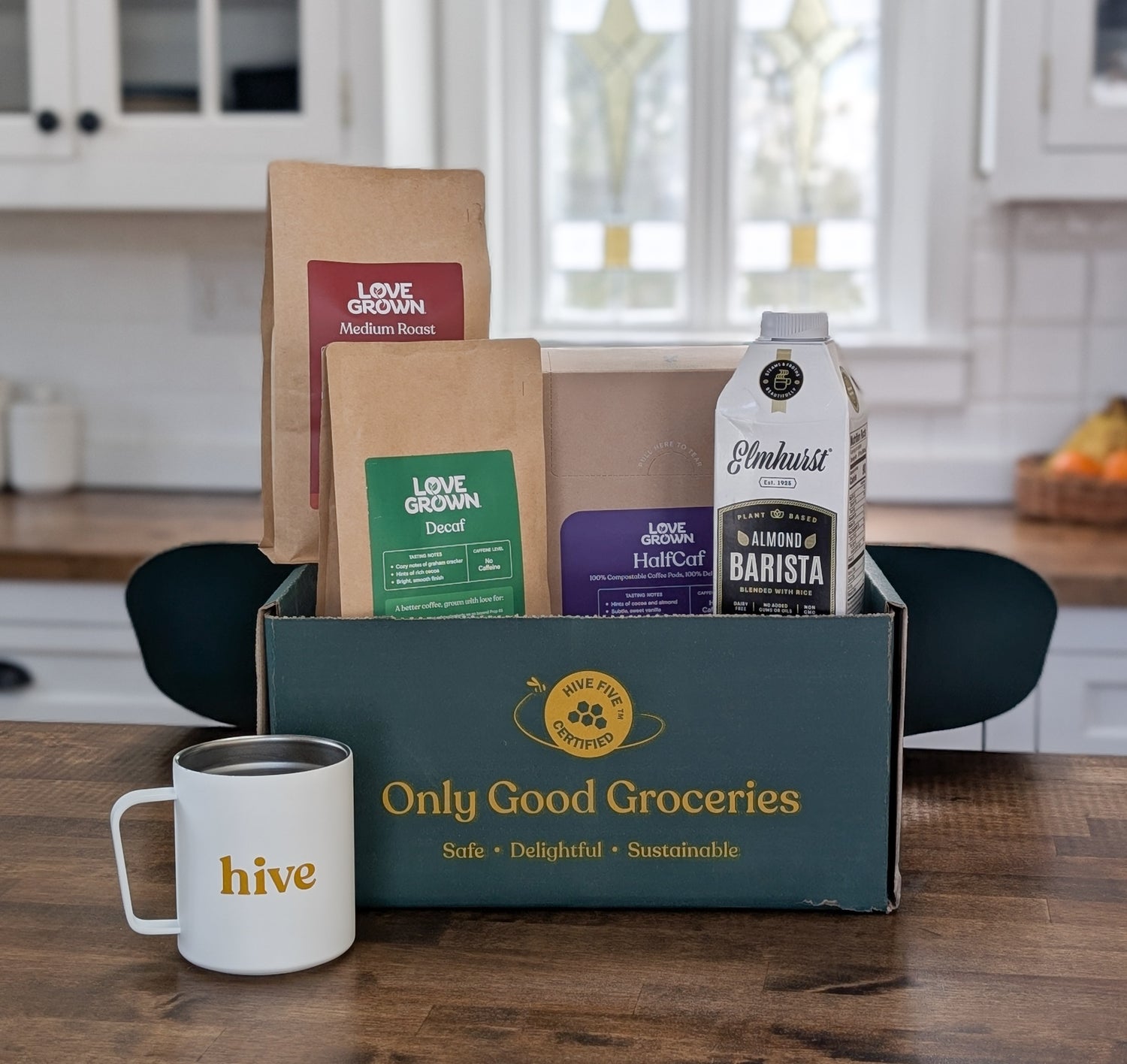What words first come to mind when you think of greenwashing?
David: Inauthentic and opportunistic.
How do you do your best to provide transparent sustainability information to your customers?
David: Seafood can be confusing, so we do our best to keep things simple. It’s not often clear where seafood is coming from, how it’s being caught, where it’s being processed, or if it’s actually being sourced responsibly. By sharing where our seafood is sourced and processed, and in doing both domestically, we’re able to greatly reduce consumer uncertainty.
What does Sustainable mean in layman’s terms and how does it play a part in your mission and business?
David: Sustainability is the means to maintain and regenerate. When it comes to food systems, it is about being able to produce food that meets both the demands of the present generation and future generations. To promote sustainability effectively, this requires constant research and reevaluation which is something we take pride in at Scout.
We know that species such as farmed mussels are regenerative and potentially the most sustainable harvest we have at sea. However, when it comes to wild species like tuna, salmon, and lobster, we are very deliberate in our sourcing practices. For example, we have chosen to work with Wild Pink Salmon based on the current health of the species’ wild populations in Alaska, however, this can change from season to season. Should next year’s wild stocks show that Wild Pink Salmon stocks are no longer as healthy as they once were, we will look at a different species of salmon, or eliminate salmon from our selections altogether.
One of our goals is to source and produce products from what we call underloved species—those that are abundant in nature, but don’t have much consumer demand. Education around these species is vital, time-consuming, and something that we are committed to investing in.
Lastly, canning ensures that these precious food sources from our oceans and waterways don’t go to waste. Roughly 50 percent of seafood in the U.S. never gets consumed, resulting in billions of pounds of animal protein going to waste. With a five-year shelf life, our products provide a way to ensure that all of the species we work with get the chance to be consumed.
What do you wish shoppers better understood about your mission and about sustainability in general?
David: Everything comes at a cost. With huge coastlines and freshwater lakes, North America has access to such abundance when it comes to seafood, yet a majority of the seafood consumed in the U.S. is imported. This is all due to cost, and in turn has created an artificial expectation when it comes to the cost of seafood. That $2 can of tuna comes at a cost, and generally, that cost is sea slavery, labor exploitation, and irresponsible fishing practices.
In order to support responsible domestic fisheries, we must create markets for domestic seafood. Much like the farm-to-table movement, domestic labor and responsible sourcing practices cost more than overseas sourcing and processing. It is vital that we understand why it is so important to know where our food is coming from and to create markets for domestic seafood, which is one of the primary goals we have at Scout.
What would you tell shoppers to look for while trying to support more sustainable practices?
David: What to look for when it comes to shopping for seafood should be done on a case-by-case basis, which is why it can get confusing. Asking customers to have a full understanding of what species have healthy wild populations, where certain species should be sourced from, and whether or not the feed being used at a fish farm is sustainable is a lot to ask. This is why we value what the Marine Stewardship Council (MSC) has developed.
The MSC-certified label is applied only to wild fish or seafood from fisheries that have been certified to the MSC Fisheries Standard, a set of requirements for sustainable fishing. Does this mean that any wild fish without an MSC certification is unsustainable? Of course not. Similar to the USDA Organic certification, obtaining this label requires time and resources. What it does guarantee, however, is that the seafood you’re purchasing has been sourced by a well-managed fishery.
MSC certification only applies to wild fish, however, there are a growing number of brands that are obtaining the Aquaculture Stewardship Council (ASC) certification, which applies to farmed species. With that being said, farmed bivalves—think mussels, oysters, clams, and scallops—can be considered a very safe bet on the sustainability side of things, should they come from clean, fresh water.
The best rule of thumb when buying seafood: if the producer isn’t celebrating where the product is sourced, proceed with caution.
Inspired to shop more sustainably? We've just got the place for that. Explore our Environment collection for brands and products that are raising the bar for sustainability.

